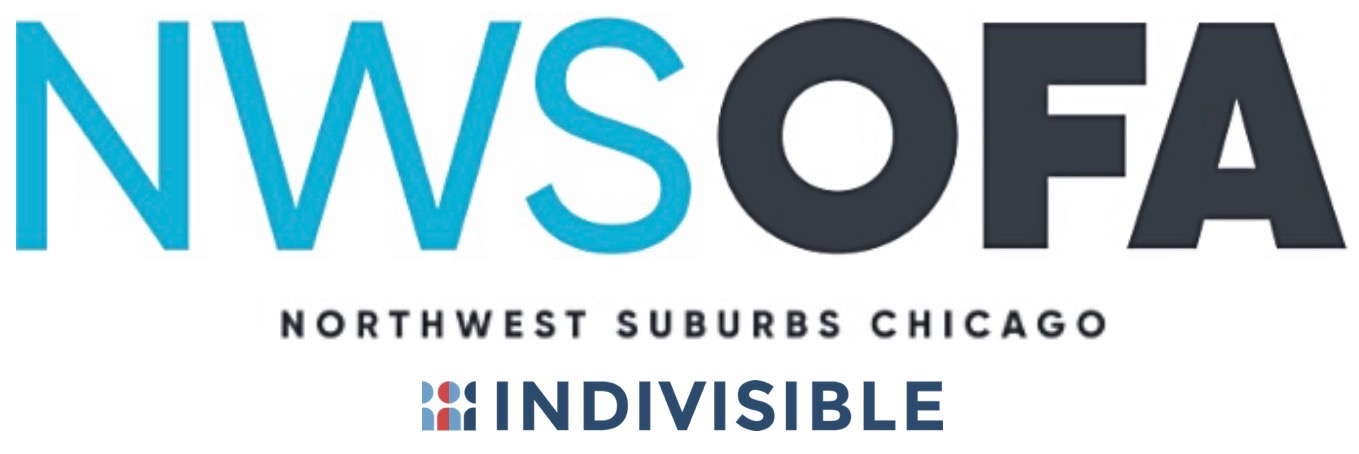
- This event has passed.
NWSOFA Fiscal and Economic Issue Team December Team Meeting
December 10, 2018 @ 7:00 pm - 9:30 pm
We had a good meeting last month in Arlington Heights, including a discussion of the election results. Our next Fiscal and Economic Issues meeting will be Monday, December 10th, 7 pm at the Schaumburg Township Library in the Adult Classroom. Looking forward to more good discussions this month.
Please RSVP at https://actionnetwork.org/events/nwsofa-december-fiscal-and-economic-issues-meeting?referrer=karl-faulstich&source=direct_link
Below are some topics we plan to discuss.
Update on US economy and fiscal situation.
The November update for the US can be found at https://drive.google.com/open?id=1juPg7i0tM2rxK2A98MpSlx5Teu8qfjZ6. We will get out a December update before the meeting after November results are released next Friday. Some highlights:
- Much of the government has been operating on continuing resolutions since the beginning of the fiscal year October 1st. That continuing resolution expires next week. Hopefully we won’t be discussing a government shutdown at our December meeting.
- Job creation in Trump’s first 21 months through October 2018 was 4.054 million (193,000/month), vs. 4.477 million in Obama’s last 21 months (213,000/month). Job creation has been positive each month starting in October 2010 (96 months). Private sector job growth has been positive since March 2010;
- The unemployment rate hit 3.7% in September 2018 and remained at 3.7% in October 2018, the lowest since the late 1960’s and below the April 2000 rate of 3.8%. The unemployment rate has fallen consistently since its peak of 10.0% in October 2010.
- Real wage growth has averaged 0.3% per month (measured vs. year-ago level) during the Trump Administration, vs. 0.8% per month during the Obama Administration. Higher inflation (due mainly to energy prices) has offset rising nominal wages.
- Treasury reported the budget deficit for FY2018 at $779 billion, up $113 billion (17%) vs. 2017 but up $292 billion (60%) vs. the January 2017 baseline estimate for FY2018. The deficit was 3.9% GDP in 2018 vs. 3.5% GDP in 2017. The debt addition trajectory for 2018-2027 has increased from $9.4 trillion (January 2017 baseline) to $13.7 trillion (April 2018 current policy baseline), an increase of $4.3 trillion or 46%. These increases are driven by tax cuts and spending increases and consider economic feedback.
- Real GDP growth was 3.5% in Q3 2018, down from 4.2% in the 2nd quarter. Net imports were a sizable drag, inventory building was a significant boost, and business investment was a small negative contributor. Most forecasters predict the real GDP growth rate will continue to trend down to below 2% by 2020.
- Contrary to popular belief, real household incomes have not been stagnant for decades. The CBO recently released a report showing gains between 1979 and 2015 of 46% for the three middle quintiles and almost 80% for the lowest income quintile. While the top quintile gained more, it did not mean everyone else lost. The CBO’s report for 2015 can be found at https://drive.google.com/open?id=1w2KWNzBGIpMLkjpLysD3KO0uh8f4PpSy, with the earlier 2014 report at https://drive.google.com/open?id=1eSiz_PAptqKnVr2vi7aVVNSJIquzeLDU
- David will explain why the fact that tax revenues grew does not mean that the tax cuts paid for themselves.
ILLINOIS
The November update for our Illinois presentation can be found at https://drive.google.com/open?id=12jYgegibKshx2SvgtOi7jHeLTx_m6iqi
Illinois economy – Job growth was positive in October, changing growth since the beginning of the fiscal year in July from -1,200 in September to +8,900 in October.
Illinois Budget – Waiting for governor elect Pritzker’s first budget due in February.
NEW TOPIC – World Economic Trends
This is a topic Karl intended to talk about in November, but we ran out of time. Karl likes two recent books that highlight that the world is generally improving. He will be discussing:
Enlightenment Now by Steven Pinker and
Factfulness by Hans Rosling
“Factfulness” begins with a quiz testing knowledge of the world, that can be found at https://drive.google.com/open?id=1_k86XBcqFGEJ6s2YFiWQjsir3uXsiPZ4 According to the author, most people do not do well on this quiz when he gives it at the beginning of a presentation. I think part of the problem is that most of us think in terms of how the 300 million people in the U.S. live when we think of upper, middle and lower income levels. The author thinks in terms of the seven billion people in the world and defines his use of these terms at https://drive.google.com/open?id=1yLZDWz5jr02DLzoEa3yxcgwNinm7i7KT The short version:
- Lower income equates to extreme poverty, i.e. less than $2 per day per person
- Middle income equates to between $2 and $32 per day per person
- Upper income equates to more than $32 per day per person, about $12,000 per year. Including government benefits, almost everyone in the U.S. falls into this category.
Karl will provide the answers to this quiz at our December 10th meeting. If you are curious before then, email me (karl.faulstich@gmail.com) and I will provide them to you. Don’t be discouraged if you didn’t do well. The author claims that the average correct score on the first 12 questions is about two, which is lower than would be provided by random guessing. His point is that most of us do not know very much about the world at large and we are missing opportunities because of our lack of knowledge.
I’m looking forward to this meeting. We have a larger room, the Adult Classroom, so come join us. NOTE: This is not the Conference Room at the top of the stairs, but is to its right about halfway to the restrooms on the same wall.
